What’s the Buzz
The Bee Healthy Blog
Should I Take Statins For Cholesterol?
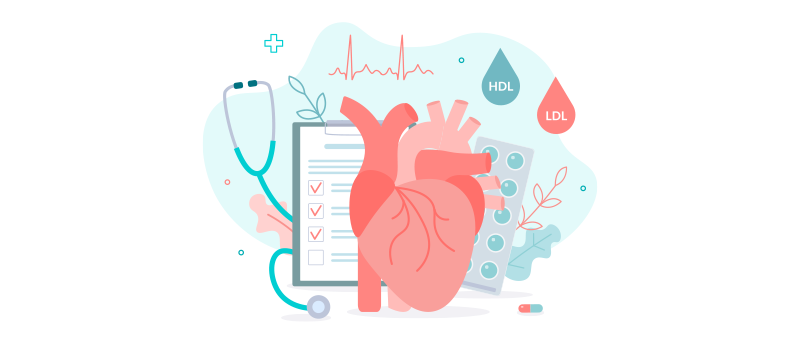
Statins are a family of drugs that can lower the level of LDL cholesterol (bad cholesterol) in your blood. These drugs work by blocking the liver enzyme called HMG-CoA reductase, which the body needs to make cholesterol.
Statin therapy not only lowers cholesterol but also lowers your risk of heart attack or stroke. Although, some people are unsure about taking statin drugs due to certain side effects such as muscle damage causing muscle aches and pain. Continue reading to find out the risks and benefits of cholesterol-lowering statin drugs and whether these drugs are right for you.
What medications are used for statin therapy?
The Food and Drug Administration (FDA) has approved several anti-cholesterol drugs (statin drugs) in the United States, including:
- Simvastatin (Zocor)
- Atorvastatin (Lipitor)
- Pravastatin (Pravachol)
- Lovastatin (Mevacor, Altoprev)
- Rosuvastatin (Crestor, Ezallor)
- Pitavastatin (Zypitamag, Livalo)
Statin medications are also available as combination pills with other heart medications, for example, atorvastatin and amlodipine (Caduet), simvastatin, and ezetimibe (Vytorin).
Generic statins cost significantly less than brand names and offer better value for money. They contain the same active ingredient. Also, generic statins have been proven to be equally safe and effective. However, you can get a brand-name statin medication at a discounted price with BuzzRx discount coupons.
What cholesterol level requires statins?
Healthcare providers take into account cholesterol levels plus other heart disease risk factors to identify high-risk patients who may benefit from statin therapy. Therefore, your cholesterol numbers are just one of the things your doctor will consider before they prescribe statins to you.
Your doctor will use a risk calculator to assess your long-term risk of heart attack and stroke. Besides cholesterol blood tests, other risk factors for cardiovascular disease include smoking, high blood pressure, diabetes, being overweight or obese, lack of exercise, older age, and a family history of heart disease.
Nonetheless, cholesterol numbers are a good place to start for risk management. A total cholesterol level above 200 mg/dL is considered high. A low-density lipoprotein (LDL) cholesterol level above 100 mg/dL is abnormal. The LDL cholesterol is the “bad” cholesterol. People who have a history of heart attack or stroke or other risk factors such as high blood sugar levels may need to aim for an even lower LDL cholesterol level (under 70 mg/dL).
Note that high-density lipoprotein (HDL) cholesterol is “good” cholesterol and a level above 60 mg/dL is desirable.
If you have a very low risk, you probably will not need a statin unless your low-density lipoprotein LDL cholesterol is over 190 mg/dL. On the other hand, in high-risk patients — for example, a smoker with high blood pressure and diabetes — doctors may prescribe statins even if cholesterol numbers are in the normal range.
Do statins cause more harm than good?
Most people tolerate statin treatment well. However, like all medications, a statin medication can have side effects. Some of the side effects of these cholesterol medications go away with time once the body adjusts to the cholesterol treatment.
Common side effects of statins include muscle aches or muscle pain, nausea, and headaches. Rarely, taking statins can result in more serious side effects such as increased blood glucose levels, liver damage, muscle injury, and short-term memory loss.
In addition to the muscle symptoms, many people are hesitant about statin therapy because of its interaction with grapefruit juice. The good news is you can still drink grapefruit juice with certain statins. It is okay to enjoy a small glass of grapefruit juice several hours before or after taking your statin. Ask your pharmacist about which statin is acceptable with grapefruit juice and the safe amount that you can drink.
If you experience any unusual signs or symptoms during statin use, talk to your doctor. They may decrease your dose or try you on a different statin medication. Don’t stop taking prescribed statins without talking to your doctor first because this can have a negative effect on your heart health. Also, be sure to give your doctor a complete list of your other over-the-counter products, herbal supplements, and prescription medications to avoid drug interactions.
Is it better to take statins or not?
Too much cholesterol in your blood puts you at high risk of heart attack and stroke. Lowering cholesterol with statin therapy can reduce your risk of heart disease, fatal heart attacks, and stroke. Doctors recommend statin use in four groups of people:
- People who have very high levels of LDL (bad cholesterol) over 190 mg/dL.
- People who don't have cardiovascular disease but have one or more risk factors for heart attack and stroke.
- People who have cardiovascular disease such as atheroclerosis (hardening of the arteries due to high cholesterol).
- People who have diabetes with LDL cholesterol levels between 70 and 189 mg/dL, especially if there are other risk factors for heart disease such as smoking or high blood pressure.
If you fall into one of the above four categories, your doctor will carefully weigh statin risks and benefits before prescribing it to you. You can also talk to your doctor about trying lifestyle changes before starting statin medications. Some lifestyle changes that can lower the risk of cardiovascular disease include:
- Quitting smoking and avoiding exposure to secondhand smoke
- Eating a balanced, healthy diet with plenty of fresh fruits, vegetables, lean meats, fish, whole grains with low amounts of salt, trans fat, saturated fat, and refined carbohydrates.
- Getting regular physical exercise.
- Maintaining a healthy weight.
What happens if I don't take my statins?
Statin therapy is usually a lifelong commitment. If your cholesterol goes down on a statin medication, it means the medicine is working. However, if you stop taking statins, your cholesterol will more than likely return to high levels within a few weeks, especially without consistent exercising and a healthy diet. This will put you at high risk of developing heart disease and cardiovascular events like a heart attack or stroke.
With that said, some patients are able to come off cholesterol-lowering statin drugs by leading a healthy lifestyle and losing a lot of weight. If this is the case, talk to your doctor about the possibility of trying to control cholesterol without medication.
References:






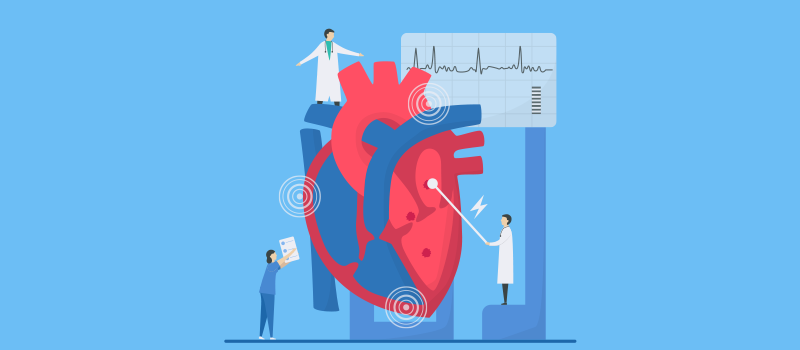
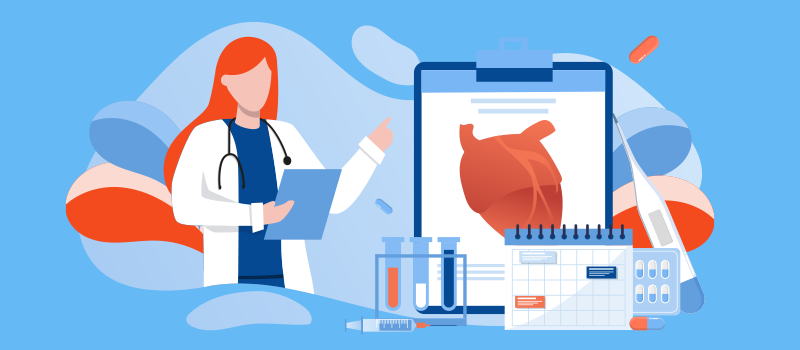
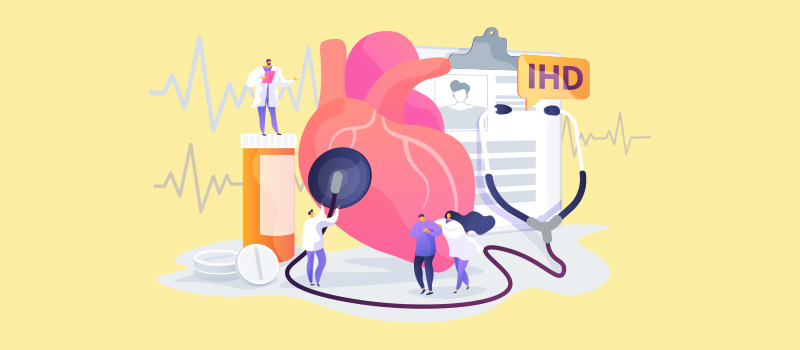

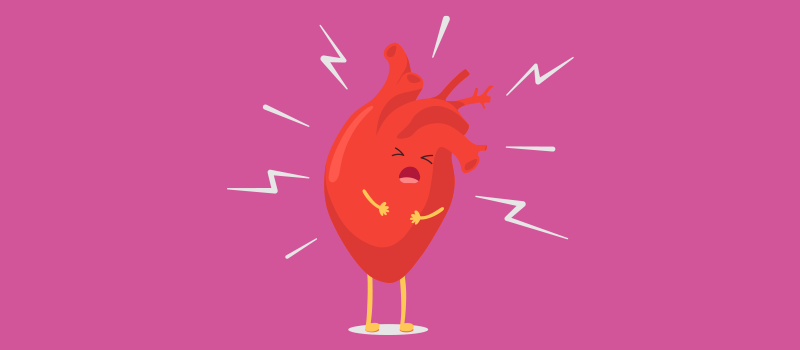
SOCIAL